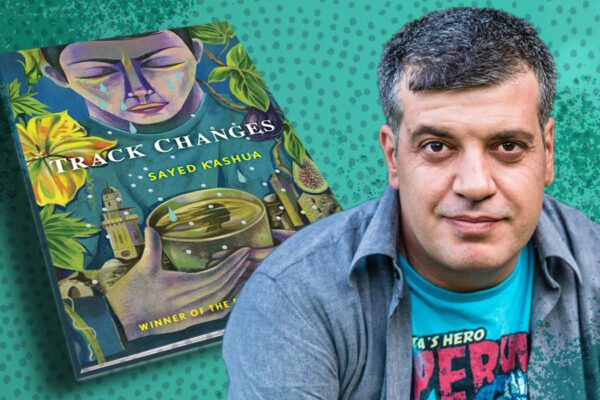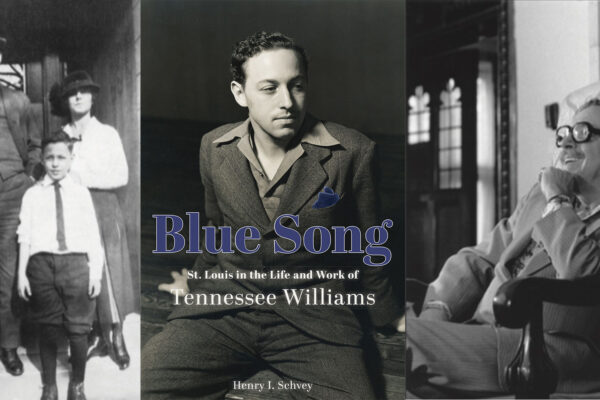In a new book, Wolfram Schmidgen, professor of English, explains how the excitement and anxiety about a disordered world affected literary invention in 18th-century England. “Infinite Variety: Literary Invention, Theology, and the Disorder of Kinds, 1688-1730” (University of Pennsylvania Press) combines intellectual history with close analysis of the literary inventions of Richard Blackmore, John Locke, Jonathan Swift, and Daniel Defoe.

Prior to the 17th century, theologians and philosophers long believed in an orderly world, created according to the ideals of a higher power. Disorder was feared. By the late 1600s, Schmidgen argues, philosophers began to realize that disorder may be more fundamental than order. Political revolutions and the rapid emergence of religious sects made many thinkers and artists believe that disorder is the basic condition of human life.
As frightening as this new reality appeared, it also opened up opportunities that many writers were keen to exploit. As social upheaval increased, scientists and philosophers began to observe a disorder of a more natural kind, as well. Thinkers like John Locke and John Ray were increasingly less sure that there is a natural order of species that they could describe through observation.
“The poet Richard Blackmore developed an aesthetic practice that is based on the idea that the order of kinds in the natural world is in fact an arbitrary imposition on a much more fluid scene,” Schmidgen noted. “The demonstration of that idea becomes itself an aesthetic value.”
Full story here.


